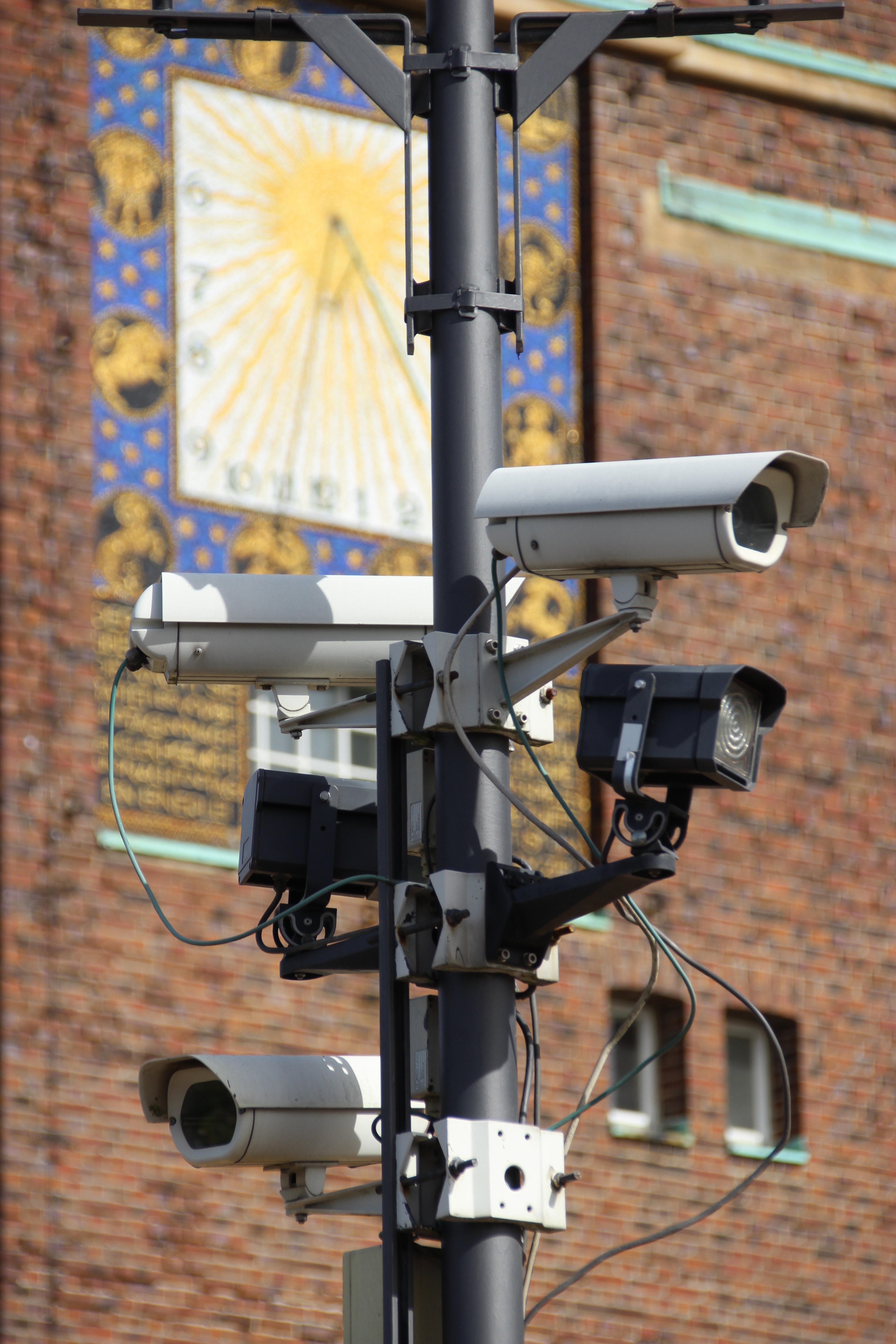There has been a lot of discussion recently about the use of employee surveillance systems. Are they an invasion of privacy? How do they alter the behaviors of employees? Can they actually do more harm than good?
To some extent, it depends on the industry. For those that serve customers—particularly as it relates to their health and wellbeing—it can an extremely important precaution to put into place.
With the surveillance systems out there today, it’s possible to monitor everything from browsing history to physical location and even facial expressions! While there are some things that you should absolutely be keeping an eye on in order to maintain a high standard of care, there are other factors that will only ostracize your employees and create an unhealthy work environment.
The things you should be monitoring:
Your clients are of the upmost importance to your company and, hopefully, to your employees, as well. When individuals put themselves or their loved ones in your company’s care, you owe it to them to ensure that they are receiving the level of care they expect. In this way, an ineffective employee is far more than a burden on your payroll, they can be a risk to someone’s health, and to your entire business reputation.
You should be actively checking that patients are being treated with respect and properly cared for. This means that they are getting the right medications at the right time, and that no sort of abuse—emotional or physical—is taking place. Unfortunately, this is something that we read about all too often in the care industry. For this reason, a level of employee surveillance is absolutely critical. This can take the form of camera surveillance, or by having coworkers check in on one another, as well as by soliciting reports from the patients or their families.
The things you shouldn’t be monitoring:
This doesn’t mean that your employees’ every move needs to be monitored and scrutinized. In fact, doing so can quickly backfire. If your employees feel as though you do not trust them to effectively do their jobs, they may either spend more time trying to evade the surveillance systems, or just pack up and leave entirely.
Everyone slacks off every once in a while. It’s pretty tough to be one hundred percent on task for each minute of the workday. Stick with keeping track of the important things that directly impact your patients/clients. For the most part, activities like internet usage, conversations with colleagues, or bathroom breaks should be left alone.
That said, it’s important to take this with a grain of salt. If an employee is accomplishing quality work on-time, then there should be no reason to look further into their day-to-day activities. On the other hand, if an employee is starting to show up late, have interpersonal issues with their managers or coworkers, or you are otherwise becoming worried about their performance, then it might be time to further investigate.
It’s all about mutual respect
More often than not, if you treat your employees with respect, they will reward you with the same. Communicate why you are installing a surveillance system, and what it means for them. You reasoning should ultimately be centered around the patients that are being cared for. If you realize that you are doing so because you truly do not trust your staff, then you probably have bigger issues that need to be dealt with.
Photo by Rainer Bleek on Unsplash

